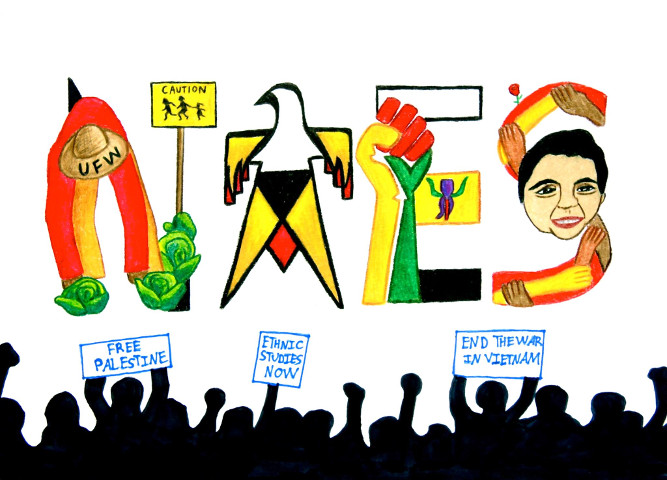Ethnic Studies Review

Orginal Publication Date
2001
Journal Title
Ethnic Studies Review
Volume
24
Issue
esr/vol24/iss1
First Page
150
Last Page
157
Abstract
In Race and Reunion: The Civil War in American Memory, David Blight is not concerned with "developing [a] professional historiography of Civil War" but rather with documenting the ways that "contending memories [of the war] clashed or intermingled in public memory."^1 Blight and others working in the interdisciplinary field of "historical memory" have broadened the scope of historical writing in their insistence that uncovering "what really happened" in the past is but one piece of the historical puzzle. Another important piece is the recovery of how historical agents conceptualized and remembered their pasts and in turn how these memories impact the present. What were their motivations in constructing their memories in particular way? What did they choose to remember; what did they willfully or unconsciously decide to forget? It quickly becomes clear in Race and Reunion that these individual and collective memories of the past--in this case specifically of the Civil War--may or may not have much bearing on what really happened. However, historically inaccurate memories still are revealing, often because of their inaccuracies rather than in spite of them. For as Paul Thompson claims, "one part of history, what people imagined happened, and also what they believe might have happened--their imagination of an alternative past, and so alternative present-may be as crucial as what did happen."^2
Rights
Copyright ©ESR, The National Association for Ethnic Studies, 2001



Comments
Analytical Traditions